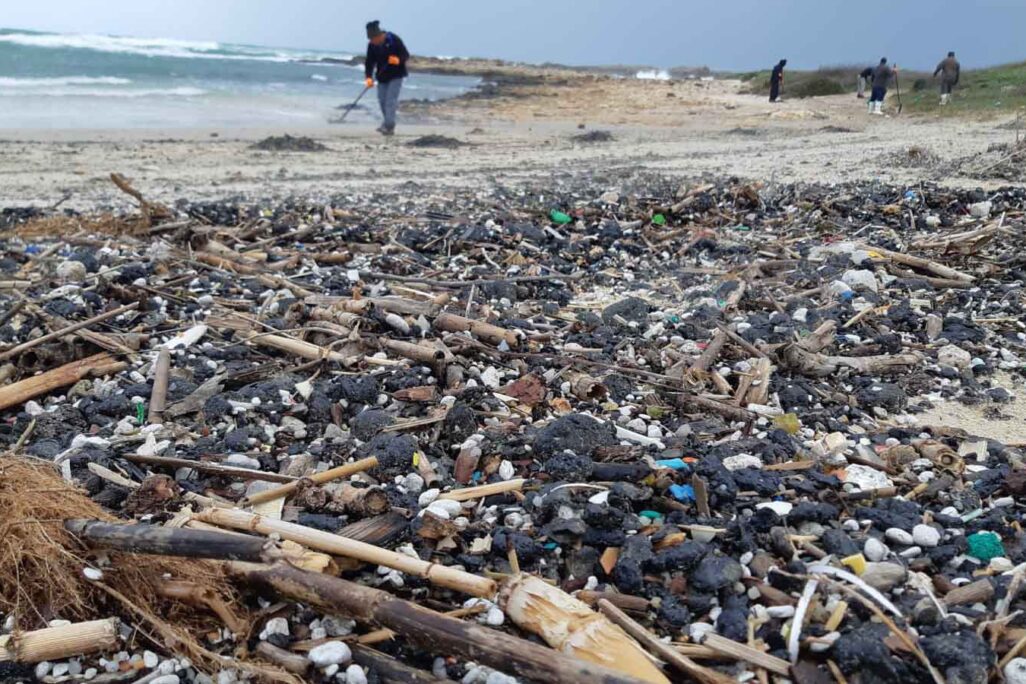
Thirteen years ago, in June 2008, Israel approved a national plan for pollution incidents. According to the decision, within three to five years, NIS 15 million would be invested in implementing the plan, and the Ministry of Environmental Protection would propose legislation to turn the plan into law.
Over a decade has passed, but these decisions still were not implemented in time to help prepare for what many are calling the worst environmental catastrophe to hit Israel in years. Last weekend, an oil spill off the coast of the Mediterranean left Israel’s beaches coated in oil and tar.
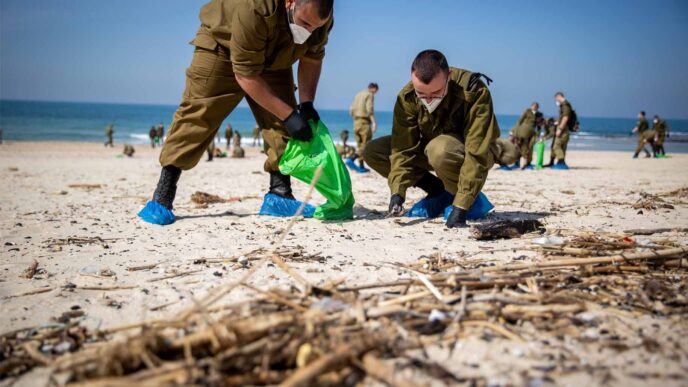
Now, fifteen environmental organizations are demanding that Prime Minister Benjamin Netanyahu and Minister of Environmental Protection Gila Gamliel halt an agreement between Israel and the United Arab Emirates regarding the transfer of oil in the Gulf of Eilat.
"In recent days, a large-scale ecological disaster has befallen the shores of Israel, which probably originated in a leak of various fuels and oils from an oil tanker that passed our shores, a few tens of kilometers away," the organizations’ CEOs wrote.
The statement notes that dozens of tons of black and dangerous tar now fill the Mediterranean Sea, and most of Israel's beaches smell of pungent fuel.
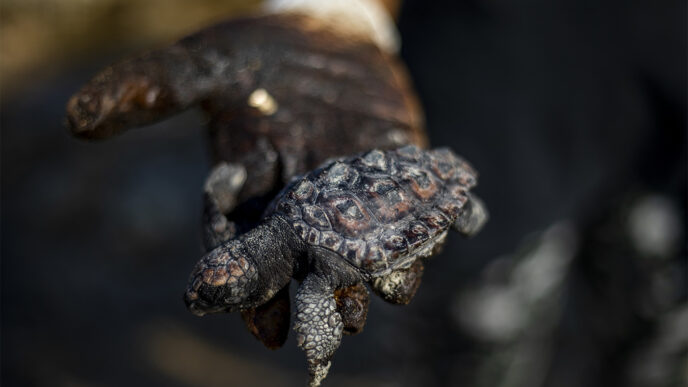
"The images of the young sea turtles and other animals, which did not survive the tar in the sea and were swept away dead to the shores, are difficult to watch. It is heartbreaking," they wrote.
"Despite the mobilization of the Israeli public, it is difficult to ignore the fact that a disaster of this magnitude was only a matter of time. Although for years the Ministry of Environmental Protection has warned that we are not properly prepared to deal with a marine pollution incident, recent Israeli governments have not mobilized themselves to allocate budget to deal with this issue,” they wrote.
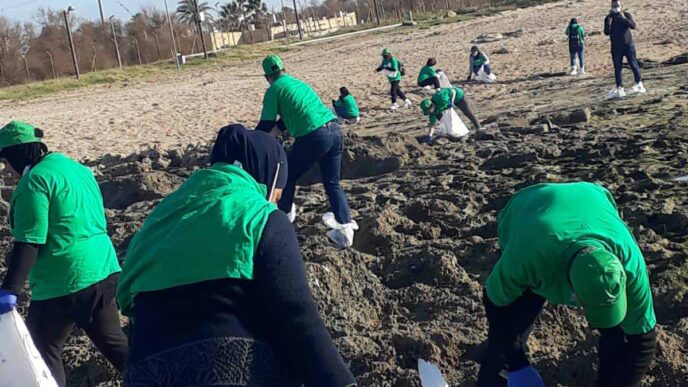
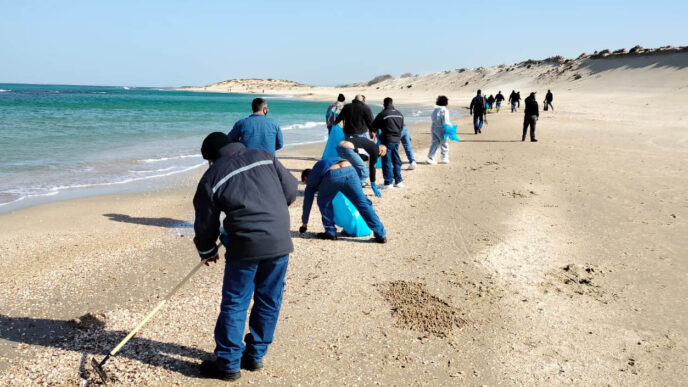
The organizations are protesting against an agreement between MED-RED Land Bridge LTD, a company owned by foreign based and Israeli investors. The agreement would allow Israel to serve as a land bridge for the transfer of oil. It would mean a significant increase in the number of oil tankers that will enter the Gulf of Eilat from the Persian Gulf. From there, oil would pass through a pipeline that ends in Ashkelon, and move from there to markets in Europe and other places.
"We cannot overstate the importance of the coral reef in Eilat and its surroundings, including for tourism and for the city of Eilat, which suffered a fatal blow in the past year, following the corona crisis," the organizations wrote.
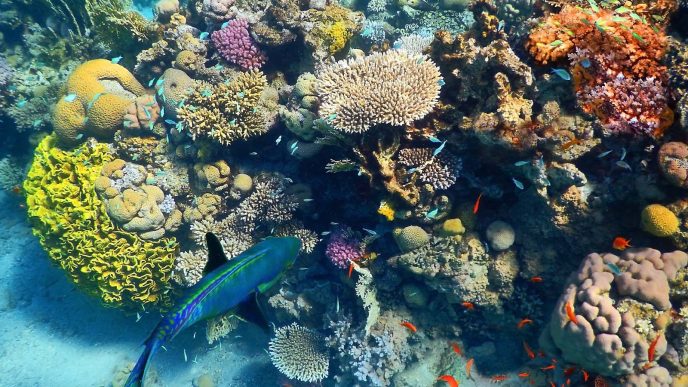
The organizations are demanding a proper budget for dealing with marine pollution, promoting a law on the subject, and stopping the agreement.
The petition was signed by the Society for the Protection of Nature, Life and the Environment, Man, Nature and Law, Clear, Equation, Greenpeace, The Natural Step, Green Trend, The Green Network, Ecofis, Heschel, The Mediterranean People, The Green Energy Initiative, House Guards, Green Building Council, Delphis .
The Nature Reserves Authority also announced today that it opposes the oil transfer agreement, stating that the Gulf of Eilat is a unique natural resource of great importance on a national and international scale.
Meanwhile, Israel’s Environmental Protection Agency supported the agreement, stating that “The company is equipped with the latest equipment in the field, and meets international standards for the protection and protection of the environment.”
"We are proud and excited about the signing of this historic agreement, which was signed in the presence of the US Treasury Secretary,” the EPA statement continued. “It is a direct continuation of the Avraham agreements. The agreement will strengthen the Israeli economy and ensure energy security for Israel while strictly protecting the environment."






